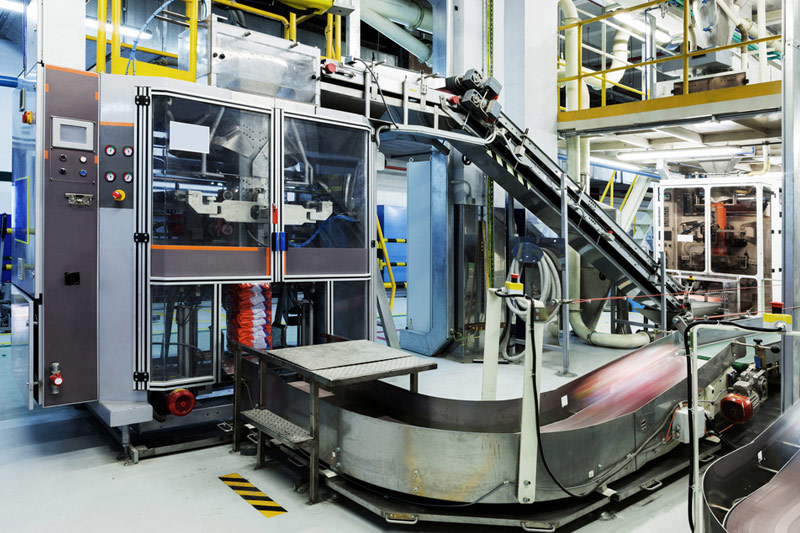By Angelo Young - As the 106,000 contract workers who lost their Nike jobs in the past year can attest, apparel manufacturers have decided that it’s cheaper to invest in technology than to hire even the world’s lowest-paid workers.
The relentless move toward industrial automation is undercutting vulnerable workers around the globe.
For years, China and India offered manufacturers a low-wage workforce. Production recently expanded around Asia to countries like Cambodia, Bangladesh and Vietnam as well.
But now, automation is allowing manufacturing to stop chasing cheap labor altogether. Automated production machines cut costs and immunize manufacturers from the dangers of a labor shortage.
“I think this is going to accelerate,” said Erik Brynjolfsson, professor at the MIT Sloan School of Management. “What we have is a situation where robots and automation do more and more tasks that are being done by low-wage labor in Asia and elsewhere in the world. People involved in repetitive work are very vulnerable to what’s happening.”
Even smaller firms in the manufacturing chain can afford to modernize. The robots and computers that now run the plants would have been out of their reach just a few years ago.
“There are some tasks that humans will be cheaper for and some that robots will be cheaper for, but the boundary between the two is narrowing,” said Brynjolfsson, co-author of “The Second Machine Age: Work, Progress and Prosperity in a Time of Brilliant Technologies.”
What started at more sophisticated operations is working its way into more mundane tasks.

Hon Hai Precision Industry, the Taiwanese owner of Foxconn Technology Group that assembles consumer electronics for global brands like Apple, has been working quietly since 2011 installing robots at its facilities in mainland China.
Foxconn met with Android executive Andy Rubin earlier this year to discuss its strategy for installing robot technology at its factories in China, according to the Wall Street Journal.
In addition to cutting contracts for more than 100,000 workers, Nike Inc (NYSE:NKE), the world’s largest sportswear maker, weeded out 125 less-efficient factories. And the company increased profits by 16 percent in the last fiscal year.
Affordable technology may be hurting vulnerable workers now, but could be a source of future economic growth -- in theory. Open online courses could make education widely accessible.
For example, Battushig Myanganbayat, a 15-year-old Mongolian boy, was one of 350 youths to ace MIT’s open online circuits-and-electronics course and has been brought on to consult with the institution on how to make their MOOCs (massive open online courses) more accessible to young people in developing countries.
But for every 15-year-old genius in the developing world there are countless people who will struggle as the factory jobs they’ve depended on become more scarce.
